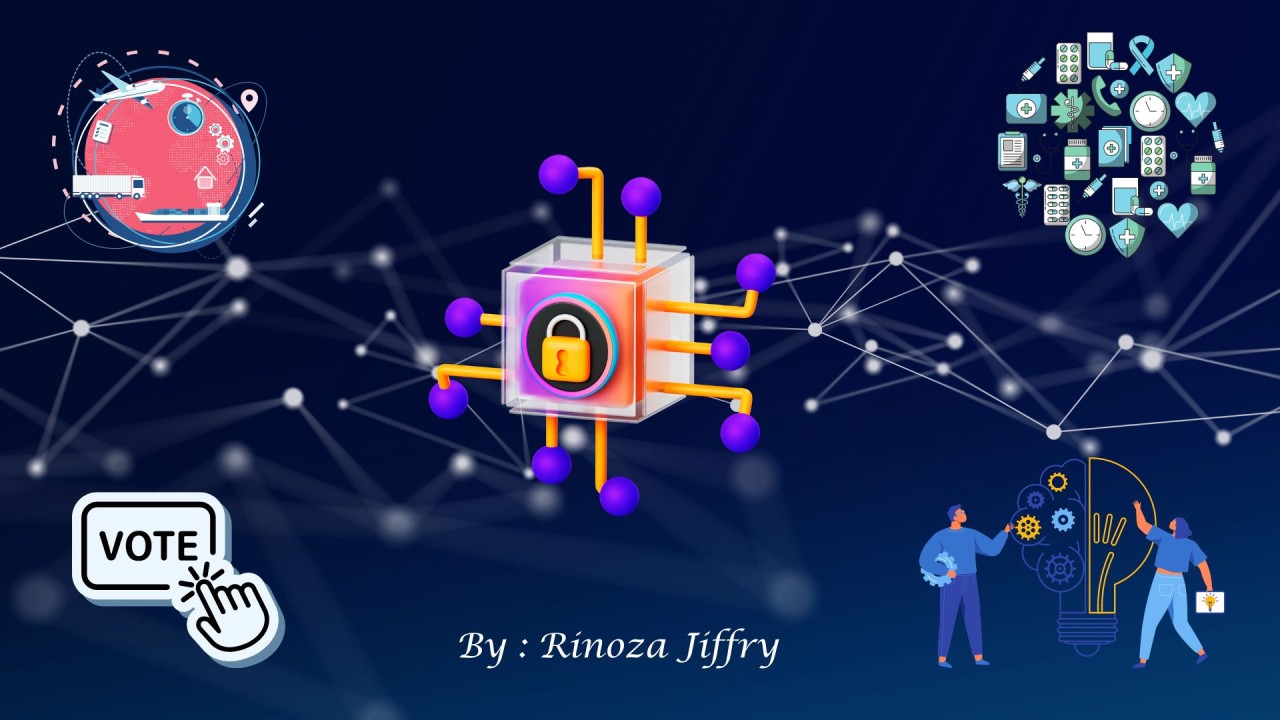
Smart contracts represent one of the most innovative and transformative aspects of blockchain technology. These self-executing contracts with the terms of the agreement directly written into code have revolutionized traditional contractual processes. To truly understand the impact of smart contracts, it’s crucial to delve into the intricacies of this game-changing technology.
Introduction to Smart Contracts:
Smart contracts are programmable contracts that automatically execute, enforce, or verify the terms of an agreement when predefined conditions are met. They run on blockchain platforms, primarily Ethereum, leveraging the decentralized and secure nature of the technology. The concept was introduced by computer scientist and cryptographer Nick Szabo in the 1990s, and it gained practical implementation with the rise of blockchain.
How Smart Contracts Work:
Smart contracts operate on a simple “if-then” logic. When certain conditions are met, the contract executes predefined actions. The code is stored on the blockchain, ensuring transparency, security, and immutability. Participants in the contract interact with it using cryptographic keys, providing a secure and trustless environment.
Advantages of Smart Contracts:
- Trust and Security: Smart contracts eliminate the need for intermediaries, reducing the risk of fraud. The decentralized nature of blockchain ensures that the code is tamper-proof and transparent.
- Efficiency and Automation: Automation of contract execution reduces the need for manual intervention, leading to faster and more efficient processes. This is particularly beneficial in industries such as supply chain management and finance.
- Cost Savings: By removing intermediaries and automating processes, smart contracts significantly reduce transaction costs. This can be especially impactful in industries with complex and repetitive contractual relationships.
Challenges and Considerations:
- Code Vulnerabilities: Smart contracts are only as secure as the code they are written in. Vulnerabilities can lead to exploits, as demonstrated by various high-profile incidents in the crypto space.
- Regulatory Uncertainty: The legal status of smart contracts varies globally. Regulatory frameworks are still catching up with the rapid advancements in blockchain technology, posing challenges for widespread adoption.
- Scalability: As blockchain networks evolve, scalability remains a concern. High transaction fees and slower processing times during network congestion can hinder the seamless execution of smart contracts.
Future Outlook:
Despite challenges, smart contracts continue to evolve and find applications beyond traditional finance. Industries like real estate, healthcare, and supply chain management are exploring the integration of smart contracts to streamline processes and enhance security.






